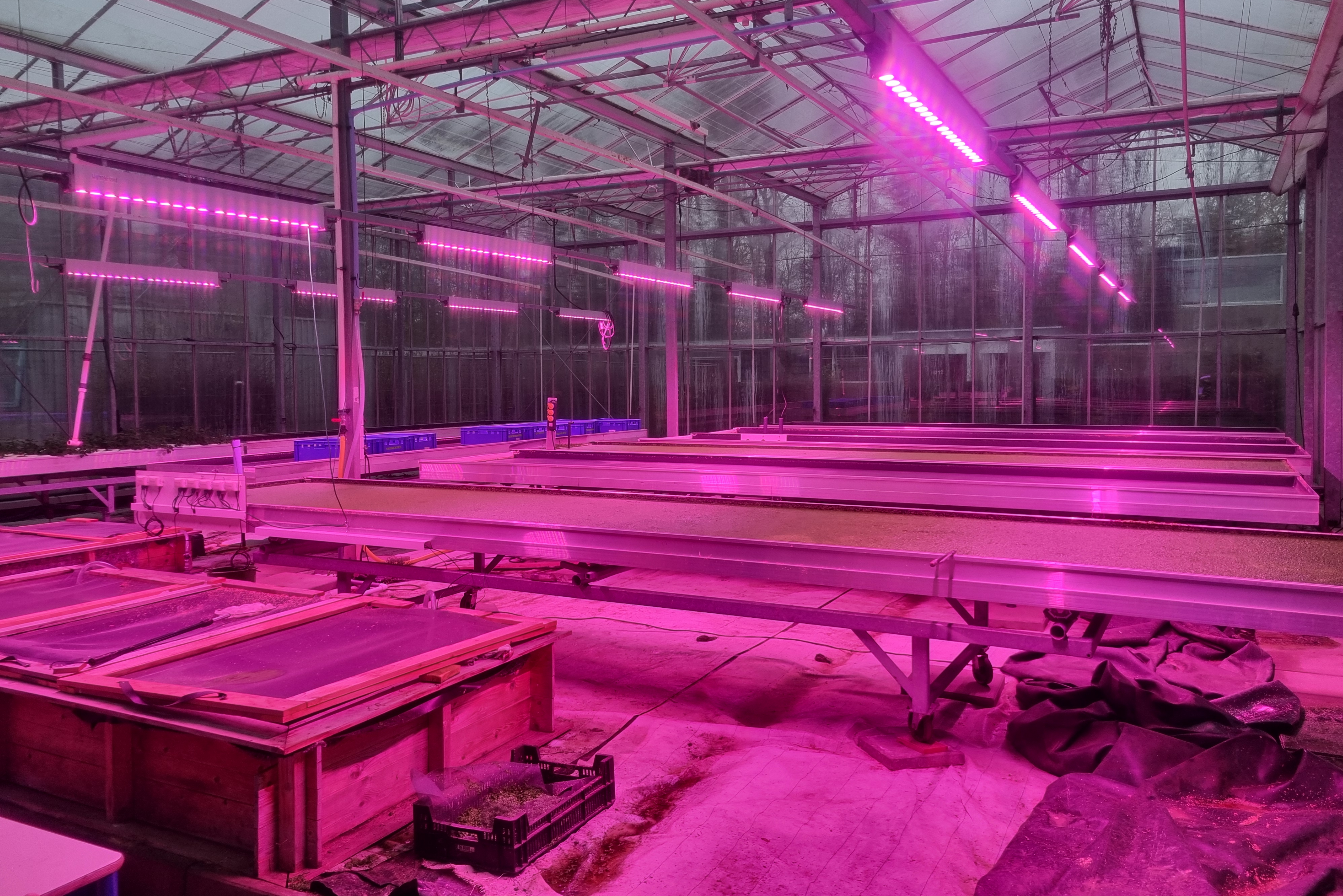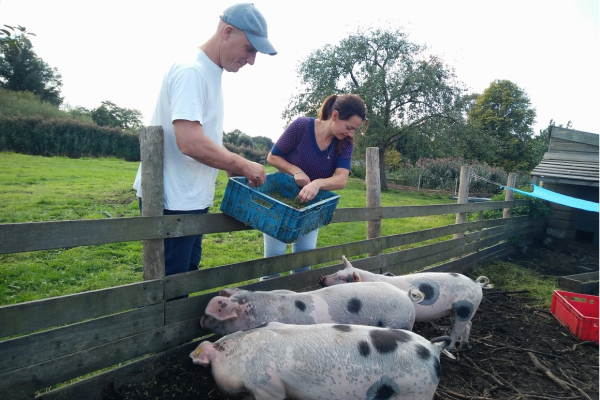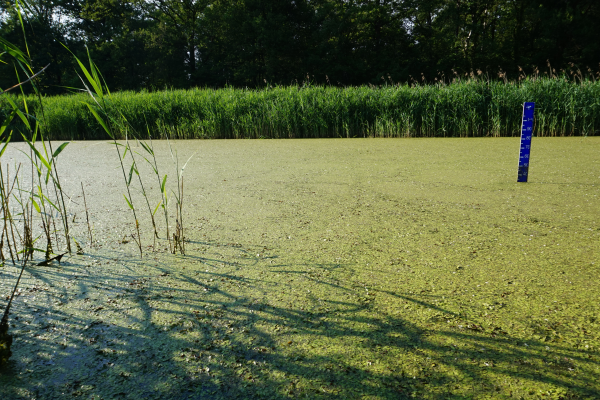

DeBaai devlops the cultivation and application of aquatic crops. Key advantages of aquatics crops are
● A high biomass yield, combined with a valuable biomass composition, often including a high protein content.
● Direct uptake of minerals from the water, enabling the purification of waste streams or surface waters, rich in nitrogen and phosphorous.
● The cultivation in independent of arable land, thereby providing an alternative for marginal lands that provide little to no yields with conventional crops.
Thanks to these properties, aquatic crops can contribute to making agriculture more sustainable, creating a more circular economy and reducing dependence on imported resources, such as soy.
deBaai initiates and participates in projects that aim to develop the cultivation and application of aquatic crops to a sustainable and economically viable alternative for food, feed and chemical production.The role of deBaai in these projects varies from conducting research and development, to advising and project management.

Eendje meer
Pilot investigating the feasibility of duckweed cultivation in greenhouses of flower bulb hatcheries

Azolla pilot De Marsen
In this pilot we experimented with the cultivation of Azolla to locally produce a protein-rich feed for chickens and pigs

Ecological cultivation of duckweed
In this project we grew duckweed and azolla to purify the surface water from excess nitrogen and phosphate, while simultaniously producing a protein-rich feed for local farmers